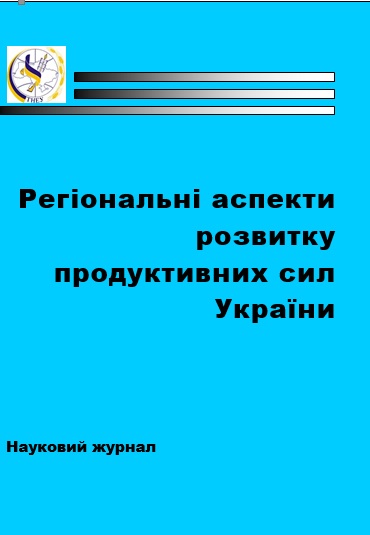FEATURES OF PERSONNEL MANAGEMENT ACTIVITIES IN THE CONDITIONS OF WAR
DOI:
https://doi.org/10.35774/rarrpsu2022.27.058Keywords:
personnel management, personnel retention, labour legislation, migration, internal displacement, mobilizationAbstract
Introduction. The article deals with the main features of personnel management under wartime conditions. Adaptation of life to wartime made some adjustments into personnel management activities as labour resources became the main factor of production. Business entities faced a new problem that is staff retention. External and internal population migration, mobilization of conscripts created a lack of personnel.
The labour legislation also made adjustments and changes in the work of personnel managers. These changes were "dictated" by the need to adapt social and labour relations to current conditions. The main emphasis of the changes in the labour legislation concerned the limitation of the employees’ rights, which were caused by wartime.
The consequences of military actions also affected the organization of work at the enterprises. Curfews, electricity supply schedules, logistical collapse forced enterprises to adapt their work to these circumstances.
Meanwhile, the amount of work for the personnel management specialists has also increased in terms of finding new employees. This task was complicated by population migration and mobilization for military service.
The specified business conditions have made adjustments to the organization's activities. Staff retention, their replenishment and development have become the main tasks of personnel managers.
Goal. Outline of the theoretical and methodological aspects of the peculiarities of the activities of personnel managers in the conditions of martial law and the development of practical recommendations for the stabilization of the enterprise.
In conditions of mass migration of the population, internal displacement, evacuation of enterprises to relatively safe regions, the issue of personnel preservation becomes fundamental. These modern phenomena and trends in the use of personnel force personnel management workers to take measures for keeping the personnel. Under these conditions, appropriate conditions are created for employees not only for labour activity, but also for ensuring safe working conditions, for creating acceptable social and living conditions, the use of various forms of employment and modes of work and rest, which would allow the enterprise to function.
The issue of personnel replenishment and development has become more acute due to the need to train new employees for performing their duties. Such necessity may be caused by dismissal of employees as a result of their migration abroad or to other regions, or the enterprise was evacuated to another region of the country. Moreover, employees may temporarily stop working in connection with mobilization for military service. In these conditions, there is a need to find new employees whose qualification level does not always meet the employer's requirements.
References
Zakon Ukrainy «Pro viiskovyi oboviazok I viiskovu slyzbu» [Law of Ukraine «About military duty and military service»] Retrieved from: https://zakon.rada.gov.ua/laws/show/2232-12#Text. [in Ukrainian]
Zakon Ukrainy «Pro vnesenia zmin do deiakyh zakonodavchyh aktiv Ukrainy schodo optymizacii trudovyh vidnosyn» [Law of Ukraine «On making changes to some legislative acts of Ukraine regarding the optimization of labor relations»] Retrieved from: https://zakon.rada.gov.ua/laws/show/2352-20#Text
Zminy do zakonu Ukrainy «Pro zainiatist naselennia» [Amendments to the law of Ukraine «About population employment»] Retrieved from: https://zakon.rada.gov.ua/laws/show/2622-20#Text
Zakon Ukrainu «Pro organizaciiu trudovyh vidnosyn v umovah voiennogo stanu» [Law of Ukraine «On the organization of labor relations under martial law»] Retrieved from: URL: https://zakon.rada.gov.ua/laws/show/2136-20#Text
Pliehov D. O. Dystanciina zainiatist yak odna z form trudovyh vidnosyn v ymovah sogodennia [Plekhov D. O. Remote employment as one of the forms of labor relations in today's conditions.] Carpathian Legal Gazette. No. 5(34), 2020. P. 84-87 [in Ukrainian].
Shushpanov D. Internet-frilans v umovakh hlobalnykh vyklykiv: motyvatsiinyi aspekt [Internet-freelance in conditions of global challenges: motivational aspect]. URL: https://ir.kneu.edu.ua/bitstream/handle/2010/35219/Sts_11_20_61.pdf?sequence=1&isAllowed=y. [in Ukrainian].


